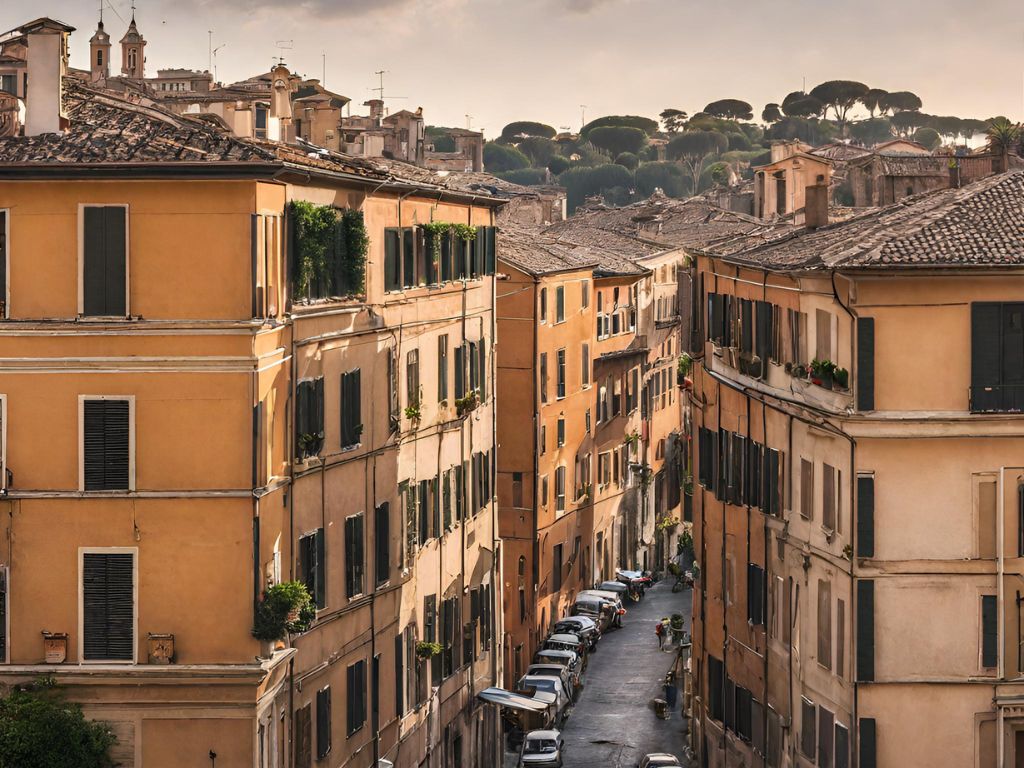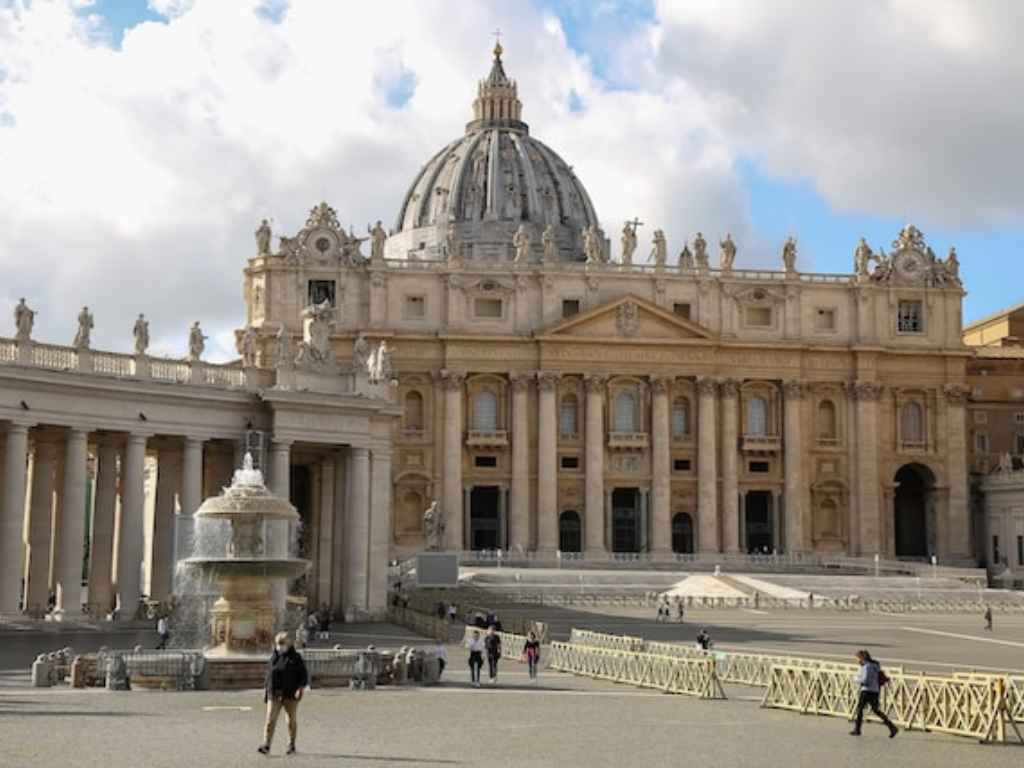2,000+ Hotels
Amazing Rome hotels for less than
you think.
Amazing Rome hotels for less than
you think.
Let us show you Romes best
tours and attractions.
Dozens of Rome Articles
and Tips.
Need us to create the perfect Rome trip for you? We can customise the ideal Rome experience for you and your party. Just give us a few details and we will take care of the rest.
Learn about Rome's diverse neighborhoods, what makes them special, where you can find to stay, eat or shop. What are the main attractions in each area.

Rome has a diverse and varied set of neighborhoods each with their own characteristics and secrets to explore.
The Main Rome Neighborhoods
Aventino
Trastevere
Campo de’ Fiori
Testaccio
Pigneto
Navona-Pantheon
Monti
Esquilino
Prati
Garbatella

Vatican City is one of the most visited sights in Europe. It's not to be missed if you're planning a visit to Rome.
What to explore in Vatican City
St Peters Basilica
St Peters Square
The Vatican Museum
The Holy See
Vatican City in Rome is where history and religion converge. Uncover the harmonious blend of historical significance and religious devotion in this unique destination.
Hotels we can recommend...
1000s more hotels to choose from...
We also have 100s of top-rated apartments
Travel tips, help and advice – fresh every month from our Rome travel experts
All about Vatican City Commonly Asked Rome Questions Rome Accommodation Rome Food and Drink Rome History and Culture Rome Neighbourhoods Rome Tours and Must-See Attractions Rome's Top Tours